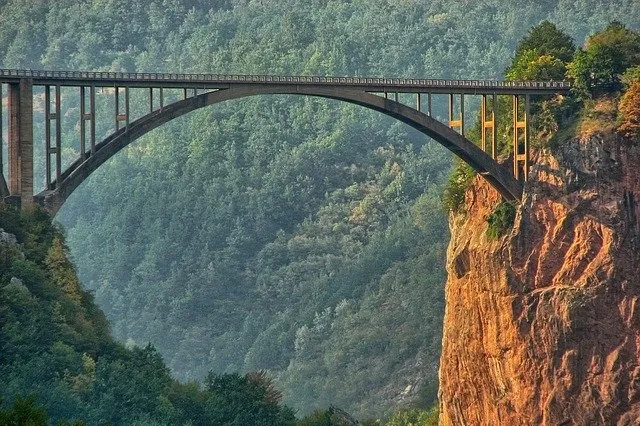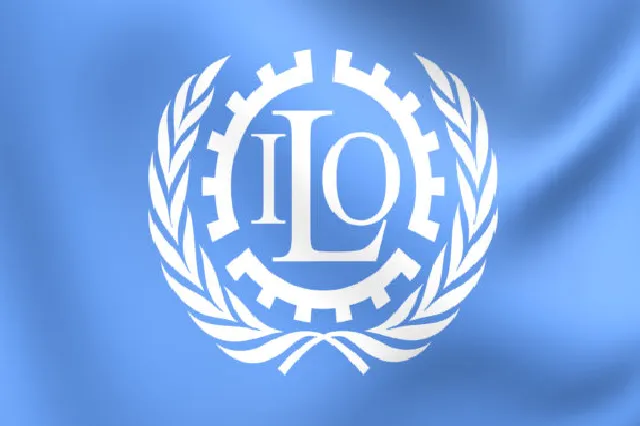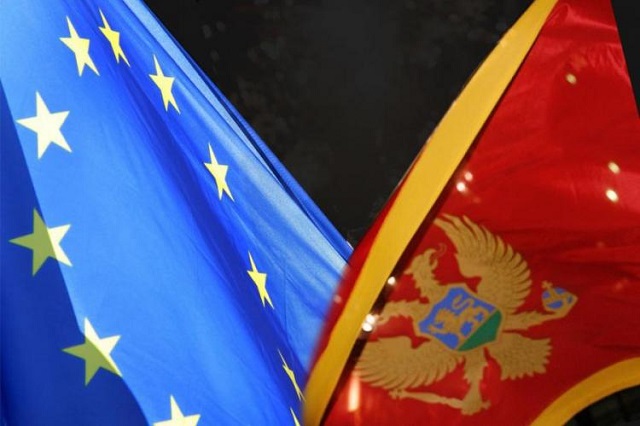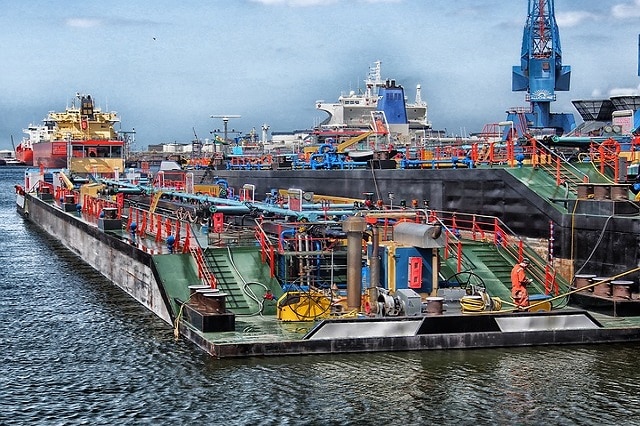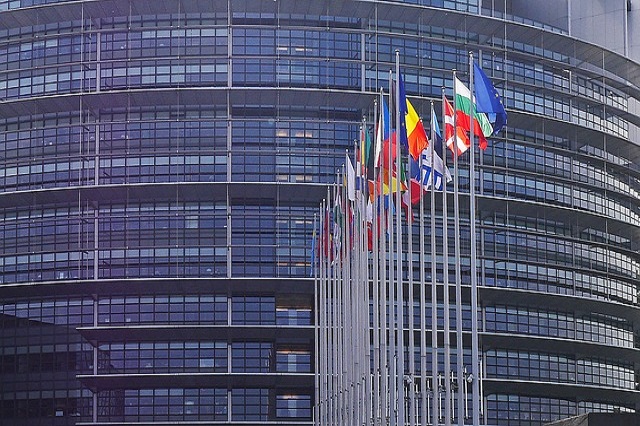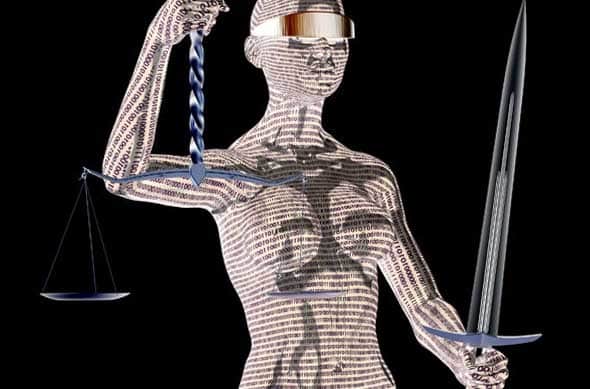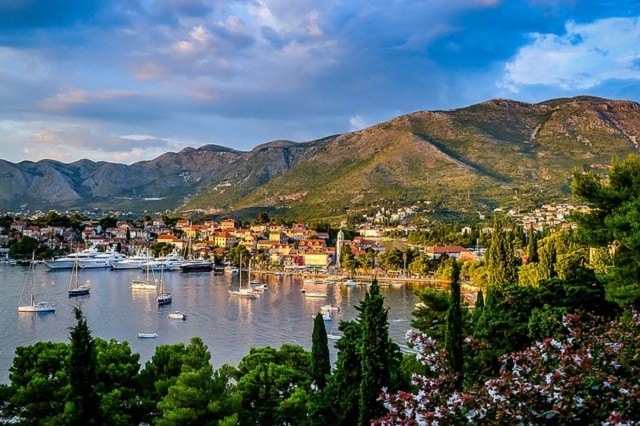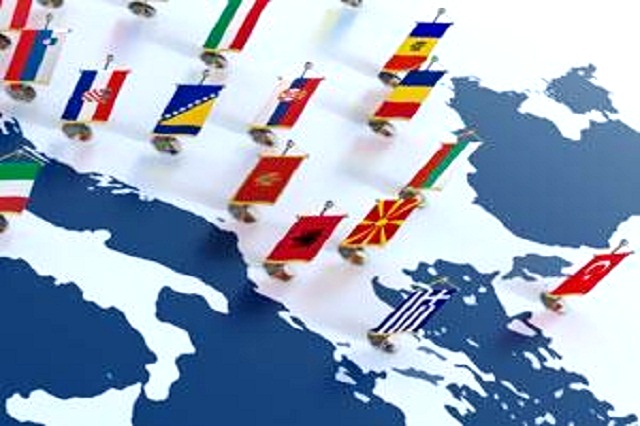OECD has published a document "CoVID-19 Crisis in Montenegro". Here are their findings on socio-economic issues in Montenegro Montenegro Anti-Covid19 measures Developments: On 25 April 2020, the National Coordination Body announced the plan to mitigate measures in four phases (the first phase covering the lockdown measures), with the final aim to
Tag: legislation
ILO: Nearly half of global workforce at risk of losing livelihoods
ILO: As job losses escalate, nearly half of global workforce at risk of losing livelihoods The latest ILO data on the labour market impact of the COVID-19 pandemic reveals the devastating effect on workers in the informal economy and on hundreds of millions of enterprises worldwide. GENEVA (ILO News) – The continued
CEF grants for Blockchain € 3 million
Building shared consensus on data - €3million in CEF grants for Blockchain Building shared consensus on data - €3million in CEF grants for Blockchain The Connecting Europe Facility (CEF) is making €3 million grant funding available for projects looking to contribute to the European Blockchain Service Infrastructure (EBSI). Blockchain and distributed ledger technologies have
European Commission’s Economic Quarterly on Montenegro 4Q 2019
EU Candidate Countries’ & Potential Candidates’ Economic Quarterly - Montenegro data The European Commission has published the EU Candidate Countries’ & Potential Candidates’ Economic Quarterly (CCEQ). Here are the Montenegro data: Key developments mentioned in the quarterly report: On 11 October, the government called a pre-qualification tender for a
EU Trade Policy in focus
Trade policy of the EU The EU’s common commercial policy (CCP), or trade policy, has evolved gradually over the years to encompass a range of trade-related areas under the remit of European Union exclusive competence. The Treaty of Rome established the common market and the customs union with a focus on
Power of the European Parliament explained
ince its inception in 1951, the European Parliament has come a long way. Initially a consultative body composed of delegations of national parliaments, it became a directly elected institution, obtained budgetary and legislative powers, and now exercises influence over most aspects of EU affairs. Together with representatives of national governments,
European Parliament: the EU Electoral Law
the EU Electoral Law he European Parliament did not always enjoy the powers and democratic legitimacy it does now. This is clear from a quick glance at how Parliament has evolved. Starting life as an Assembly – a name reminiscent of institutions linked to international diplomacy – with members simply appointed
Estonia is creating a ‘Robot Judge’
The Estonian Ministry of Justice has officially asked Ott Velsberg, the country’s chief data officer, to design a “robot judge” to take care of a backlog of small claims court disputes, Wired reports. The artificial intelligence-powered “judge” is supposed to analyze legal documents and other relevant information and come to
Progress Report on Montenegro 2019
European Commission's Report on Montenegro 2019 - key findings Political criteria The reporting period continued to be marked by the low level of trust in the electoral framework, which needs to be revised in a comprehensive and inclusive manner. A temporary parliamentary committee on reform of electoral and other legislation was established
Key Infrastructure Network: Connecting Europe Facility
trong, modern, and reliable infrastructure network is essential to secure jobs, growth and competitiveness in the European Union. Given this need, the EU supports the development of high-performing, sustainable and interconnected trans-European networks in three areas: transport, energy and digital infrastructure. The trans-European networks policy was consolidated in 2013 and the
Priorities for the future of the WB6 – Western Balkans Six
estern Balkan Six (WB6) comprise Albania, Bosnia and Herzegovina, Montenegro, Serbia, Kosovo* and Republic of Macedonia, with a total population of about 18 million and a GDP of approximately €80 billion. While the region had seen above EU average growth rates of 5.3% in the early 2000s, today these economies show
Progress Report on Montenegro 2018
Key findings of the 2018 Progress Report on Montenegro Political criteria he reporting period has been marked by the low level of trust towards the electoral framework and the prolonged parliamentary boycott by the entire opposition since the October 2016 parliamentary elections. Returning the political debate to the Parliament is the responsibility

